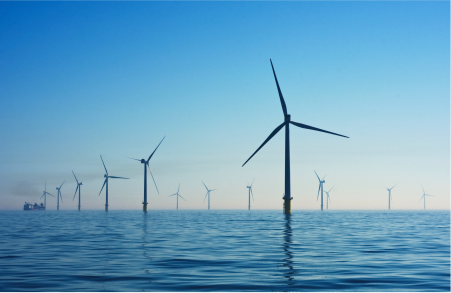COP30
MEDITERRANEAN
PAVILION IN BELÉM, Brazil
(10-21 Nov, 2025)

The Mediterranean Pavilion is located in the Blue Zone of the COP30
Raising awareness of the Climate challenges in the Mediterranean
The Union for the Mediterranean (UfM) is joining forces with other Mediterranean stakeholders to organize and promote a Mediterranean Pavilion of the UN Conference of the Parties CoP30, that is bound to gather public and private stakeholders
As the world gathers for COP30 in Belém, Brazil, from 10th to 21st November 2025, the Mediterranean Pavilion continues to stand as a testament to regional unity and ambition in tackling climate change. Building on the milestones of COP29, where the global community reinforced efforts to enhance ambition and enable action, COP30’s focus on implementation and climate justice resonates strongly with the urgent climate agenda of the Mediterranean region.
18 November 2024, 12:00 to 12:30 pm Baku time
Press Conference – Karabakh Area D
Following a brief introduction by the UfM Deputy Secretary General for Energy and Climate Action, Grammenos Mastrojeni, MedECC scientists will assess their latest findings and put forth key information to support informed decision-making.
If you are a journalist interested in receiving further information on the Pavilion’s activities, announcements, press events or booking interviews with a Mediterranean Pavilion’s representative, please register by writing to media@ufmsecretariat.org
If you wish to access all press releases, high-res photos and TV quality footage, visit our shared drive.

A Welcome Message from the UfM Secretary General
The Pavilion is open to different participation and partnerships with not just public institutions, but also civil society organisations and private sector entities engaged in catalysing a sustainable transition through collective and scalable innovation.
All organisations that would like to host an event or participate in this pavilion are welcome to submit their proposal.
The applications will be open until 23 September 2022.
Partners
Media Partner


CELEBRATING THE MEDITERRANEAN
Flagships projects and initiatives in the Mediterranean
A call for ideas to select the best projects to develop the energy transition path and solve the industry’s challenges in the Mediterranean region is being launched by OMC organizers and FEEM – Fondazione Eni Enrico Mattei.
The aim is to promote and award research and technological innovation in the field of sustainable energy with focus on the Mediterranean region, helping new generations of researchers and young professionals to emerge, supporting their work. The promotion of new alliances across the Med is key to accelerate the transition towards a low carbon and sustainable future. The call is selecting projects from universities, academic institutions, research and technology centres from the region.
For information contact: conference@omc.it
In the programme of events at Ecomondo, point of reference for the Green and Circular Economy, Africa is present with its rapid and necessary transformation. Ecomondo organizes Africa Green Growth with the support of Res4Africa, a forum that promotes the conditions to boost investment in Africa, accelerate the energy and ecological transition and enable companies to enter this market. “Innovative and sustainable initiatives for African countries” and “Green Hydrogen” are the main focuses. Join the Forum at Ecomondo, 10th November in Rimini.
By specifically targeting the Sophia Antipolis agglomeration (CASA) in the South of France, this project aims at highlighting the international agreements and national legal commitments for climate change adaptation while considering the local value systems to establish a set of co-constructed proposals to be transcribed into local urban planning documents. Funded by Fondation de France, this project is led by Plan Bleu, in partnership with GREC SUD, Provence-Alpes-Côte d’Azur region, the Sophia Antipolis agglomeration and its development council
With a total budget of 1,850000 euros over a 4-year period, the project Scaling up forest and landscape restoration seeks to restore biodiversity and promote joint mitigation and adaptation approaches in the Mediterranean. Promoted by the Union for the Mediterranean and promoted by the Food and Agriculture Organisation (FAO), the project will build regional and national capacity for the implementation of large-scale Forest and Landscape Restoration (FLR) programmes.
The Mediterranean region warms 20% faster than the rest of the world. With current policies, temperatures are expected to increase 2.2 ºC by 2040. These are some of the alarming conclusions of the ground-breaking findings of the first-ever scientific report on climate and environmental change in the Mediterranean area drafted by the network of scientists MedECC.






